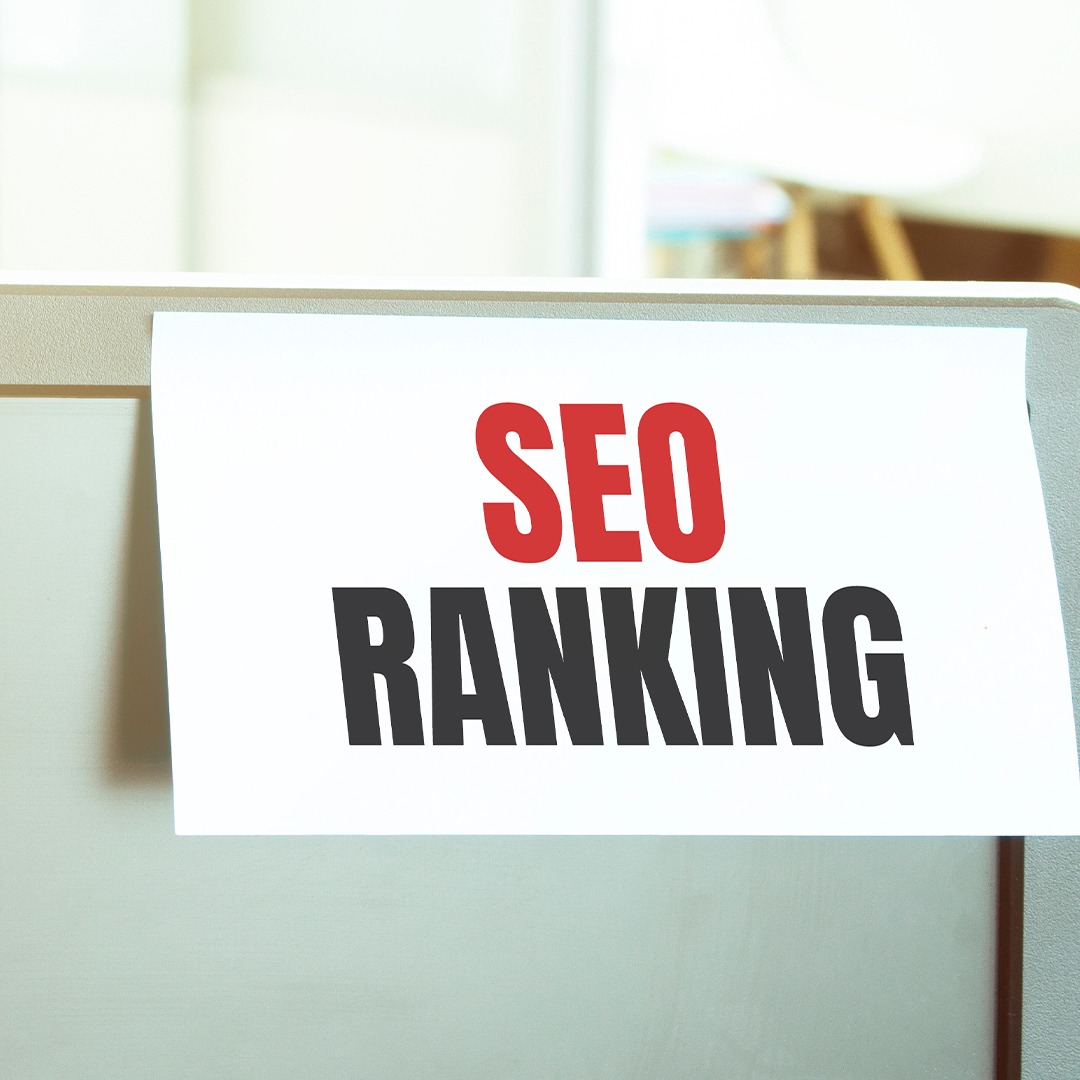Search Engine Optimization - SEO
In today's digital age, where online presence reigns supreme, mastering the art of Search Engine Optimization (SEO) has become crucial for businesses looking to thrive in the competitive online market. Understanding how SEO works and its impact on your brand's visibility can be the key to unlocking unprecedented success.

What you’ll learn in this guide:
- What is Search Engine Optimization – SEO
- How do Search Engines work
- Types of SEO
- SEO Ranking Factor
- Why is SEO important?
- Difference between SEO and PPC
- SEO Tools

What is SEO?
SEO, or Search Engine Optimization, is the process of enhancing your website's visibility on search engines like Google, Bing, and Yahoo. It involves implementing strategies to improve your website's ranking, making it more likely to appear at the top of search results when users search for relevant keywords.
For instance, if you own a small bakery and want to attract more local customers, implementing SEO strategies like optimizing your website for keywords such as "best cupcakes in [your city]" or "freshly baked pastries near me" can help your bakery appear at the top of search results when potential customers search for these terms online.
How do search engines work?
Search Engines use complex algorithms to analyze and rank websites based on various factors such as relevance, quality, and user experience. They crawl through web pages, indexing content and considering factors like keywords, backlinks, and user engagement to determine a website’s position in search results.
Consider search engines as diligent librarians sorting through countless books. They carefully analyze the content of each page (book), looking at the words used (book titles) and the references or citations (links to other books) to determine which pages are the most relevant and credible for a user’s search query.
Types of SEO – On-page & off-page
- On–page SEO: On-page SEO focuses on optimizing individual web pages to rank higher and earn more relevant traffic. It involves creating high-quality content, optimizing meta tags, and improving website structure.
- Off–page SEO: Off-page SEO, on the other hand, involves activities outside your website, such as link building and social media marketing, to boost your site’s credibility and authority.
For instance, imagine you’re running an online shoe store. On-page SEO involves optimizing your website’s product descriptions, ensuring they are informative and keyword-rich. Whereas, Off-page SEO, on the other hand, includes activities like reaching out to fashion bloggers or influencers for product reviews and linking back to your store, thus establishing credibility, and driving more traffic to your website.

SEO ranking factors
SEO Ranking factors include
- Quality of Content,
- Relevant Keywords,
- Website Speed,
- Mobile-Friendliness,
- Backlinks,
- User Experience.
These factors collectively influence how search engines perceive and rank your website in search results.
Google, for example, assesses not only the relevance of the content but also the user experience. If your website loads slowly or isn’t mobile-friendly, it may rank lower, as Google aims to provide users with the best possible experience. Quality content and authoritative backlinks act as endorsements, signaling to search engines that your website is a trusted source of information.
Why is SEO important?
Effective SEO can significantly increase your website’s organic traffic, improving brand visibility, credibility, and user trust. It also helps build a sustainable online presence, ensuring long-term success and higher conversion rates for your business.
Imagine you’re a local coffee shop owner trying to attract more customers to your cozy café. Implementing solid SEO practices can help your website appear at the top of search results when people nearby search for phrases like “best coffee near me” or “cozy cafes in [your city].” This increased online visibility can drive more foot traffic to your café, leading to more orders, repeat customers, and a thriving local community hub.

SEO vs PPC
While SEO focuses on Organic Traffic, Pay-Per-Click (PPC) advertising involves paying for placement on Search Engine Result Pages (SERP). While PPC offers immediate visibility, SEO provides a sustainable long-term approach, building credibility and trust over time.
If you're aiming for immediate visibility, PPC advertising, such as Google Ads, can place your website at the Top of Search Results for specific keywords. However, maintaining a strong SEO strategy ensures a continuous flow of organic traffic over time, potentially reducing long-term advertising costs and establishing your brand as a trustworthy authority in your industry.
SEO tools
Various SEO tools such as Google Search Console, SEMrush, and Ahrefs can assist in analyzing website performance, identifying keywords, and monitoring backlinks. These tools provide valuable insights to help you make informed decisions and refine your SEO strategies.
Tools like Google Search Console can provide valuable insights into which keywords are driving traffic to your website. Services like SEMrush and Ahrefs offer detailed analyses of your competitors' strategies, helping you refine your own approach and stay ahead in the digital marketing race.
How We Empower Brands to Improve their Search Rankings
Evolve Digitas, an experienced Digital Marketing Agency with expertise in SEO, plays a crucial role in helping brands optimize their online presence. We provide comprehensive SEO services, including on-page SEO, content optimization, and link building, tailored to meet specific business needs. With our expertise, we help businesses rank higher on search engines, increasing their online visibility and driving organic traffic.
Together with SEO experts like us at Evolve Digitas, you can truly reshape your business landscape. Propel your brand ahead of the competition and establish it as a trusted authority in your industry. Embrace the power of SEO today and witness your online presence scaling new heights!


